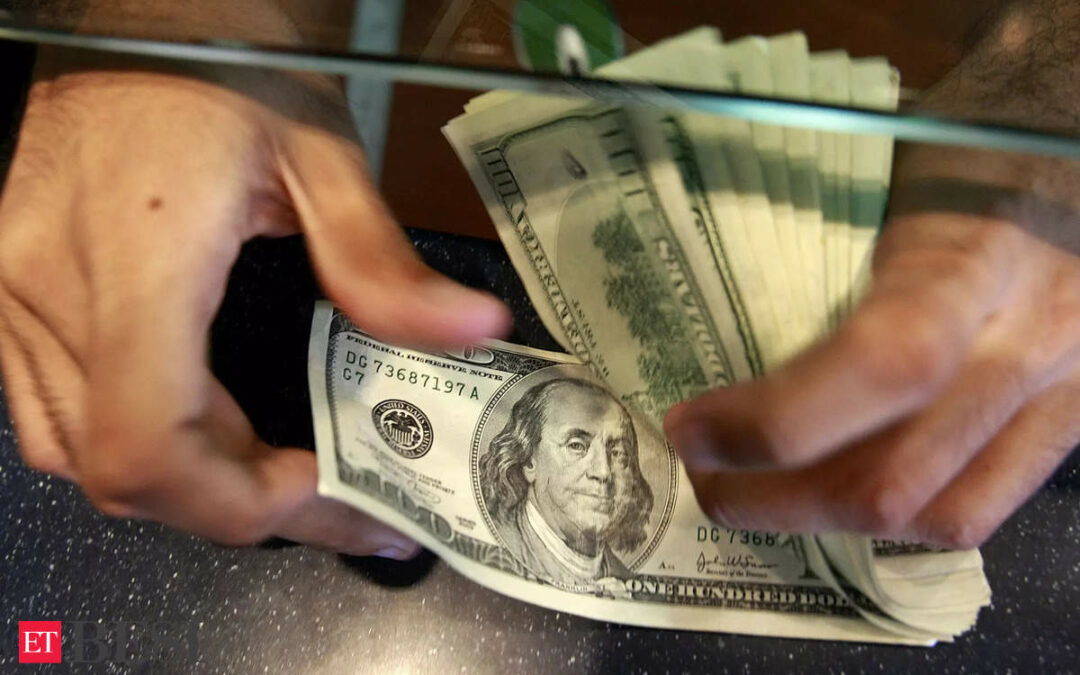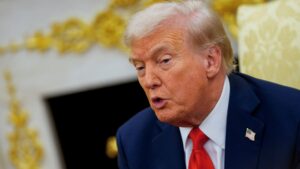The finance ministry on Monday said the value of the rupee is determined by the markets and a depreciation of the domestic currency is likely to enhance the competitiveness of the country’s exports while making imports of goods costlier.
In a written reply in the Lok Sabha, minister of state for finance Pankaj Chaudhary also said spill-overs from geo-political tensions, aggressive monetary policy tightening across the world and recent surge in crude oil prices are some of the factors exerting pressure on the rupee against the dollar.
At the same time, the exchange rate is only one of the several factors that influence demand for exports and imports in an economy, Chaudhary said. These factors include the types of the tradeables (essential or luxury items), availability of substitutes, freight costs and income growth of countries that buy goods and services from India.
“Thus, the impact of recent depreciation of the Indian Rupee against the US Dollar, on levels of exports and imports cannot be isolated,” he added.
The domestic currency has depreciated by more than 41% against the greenback since May 30, 2014 when one dollar equalled Rs 59.03.
He said the Reserve Bank of India (RBI) regulates the foreign exchange market with a view to ensuring its “orderly functioning and development while eschewing undue volatility”.
The central bank has announced a raft of steps in recent years to diversify and expand the sources of forex funding to mitigate exchange rate volatility and dampen global spill-overs, Chaudhary said. It had relaxed rules for incremental foreign currency non-resident (Bank) and non-resident (external) rupee deposits and the regulatory regime for foreign portfolio investment in debt flows. The external commercial borrowing limit, under the automatic route, was also raised, he said.
For its part, the government also initiated steps to spur exports and reduce import reliance, “keeping in view India’s increased integration in the global value chain”, the minister said.
These measures include providing support to exports, easing trade processes through digital platforms, and negotiating free trade agreements (FTAs) with various countries and blocs to enhance market access for Indian products.










